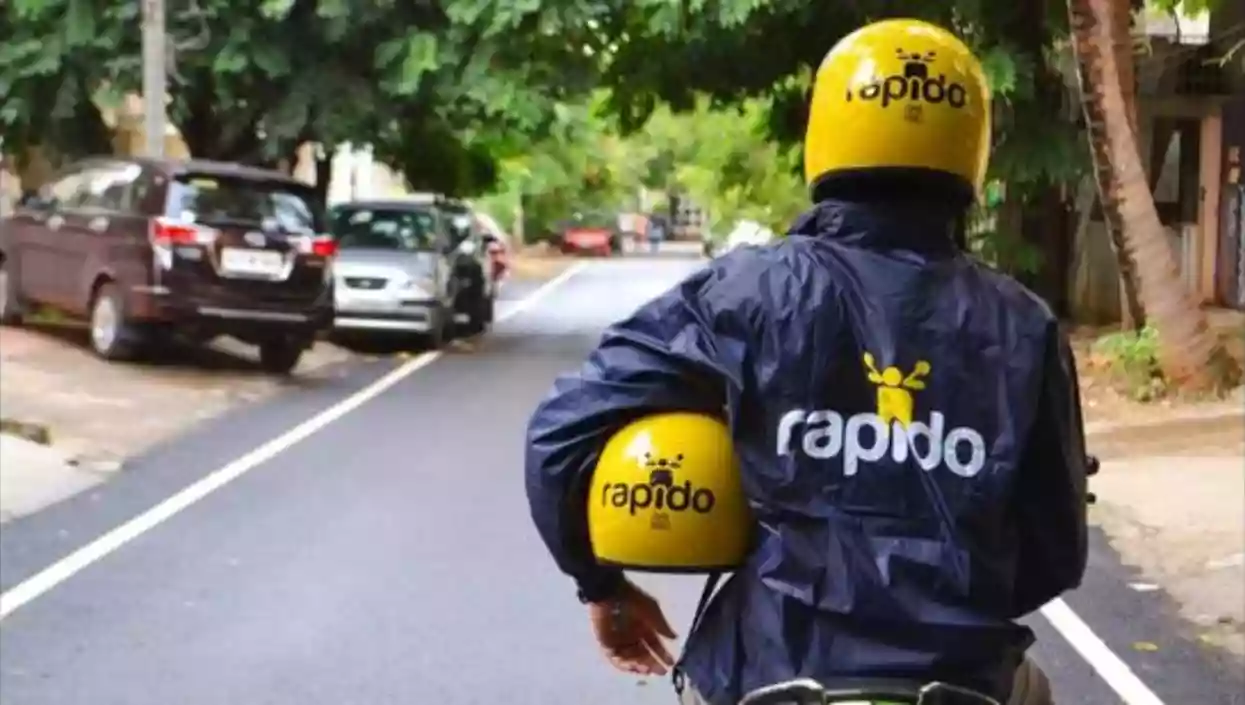.gif)
.gif)

The Delhi High Court has directed Rapido to make its mobile ride application accessible for persons with disabilities (PwDs) within four months, following a petition that flagged serious accessibility flaws. The court criticized the “alarming state of affairs”, citing an audit report that identified 207 accessibility issues, including 81 high-impact problems, making the app largely unusable for disabled users.
The case was initiated by corporate lawyer and disability rights activist Amar Jain, who sought intervention to ensure compliance with accessibility standards. Jain’s petition highlighted that Rapido’s app lacked essential features, such as an option for PwDs to request extra wait time or assistance with locating pickup points. It also noted that the app’s design and interface posed significant operational barriers, making it inaccessible to users relying on screen readers, contrast adjustments, or other assistive technologies.
A bench led by Justice Sachin Datta reviewed an accessibility audit report, which examined factors like color contrast, zoom and resizing, and screen reader compatibility. The findings revealed a severe lack of compliance, prompting the court to express its displeasure over Rapido’s failure to accommodate PwDs. In its March 19 order, made public on March 22, the court stated, “It is evident that the application is far from being disabled-friendly.”
During the hearing, Jain’s lawyer, Rahul Bajaj, urged the court to impose penalties on Rapido under the Rights of Persons with Disabilities Act, 2016. However, Rapido’s legal representative, Vardhaman Kaushik, assured the court that the company would address all accessibility issues within four months and ensure continued compliance. The court took Rapido’s commitment on record and warned that any failure would be considered willful disobedience.
Beyond Rapido’s obligations, the court directed the Union Ministry of Road Transport and Highways to submit an affidavit outlining regulatory measures that ensure ride-hailing applications comply with accessibility norms before launch. This move indicates a broader effort to enforce disability inclusion in India’s ride-sharing sector.
The case is set for its next hearing on August 13, 2025, where the court will assess Rapido’s progress and the government’s response. The ruling has sparked renewed discussions about the digital accessibility gap in Indian mobility services and the urgent need for tech companies to prioritize inclusivity in app development.